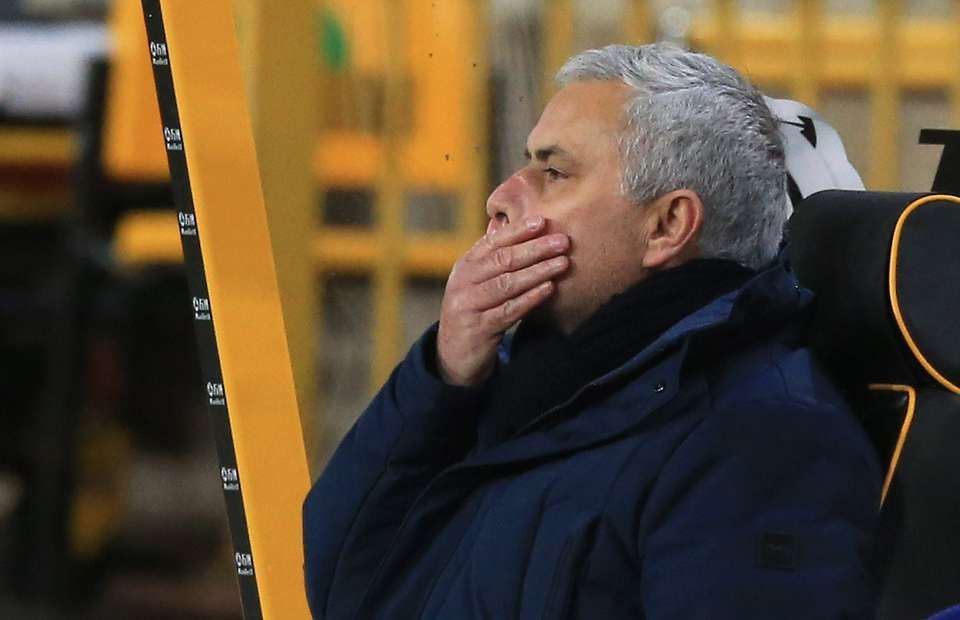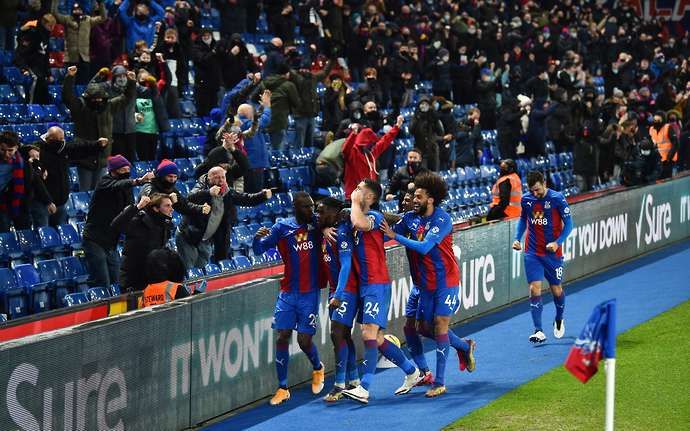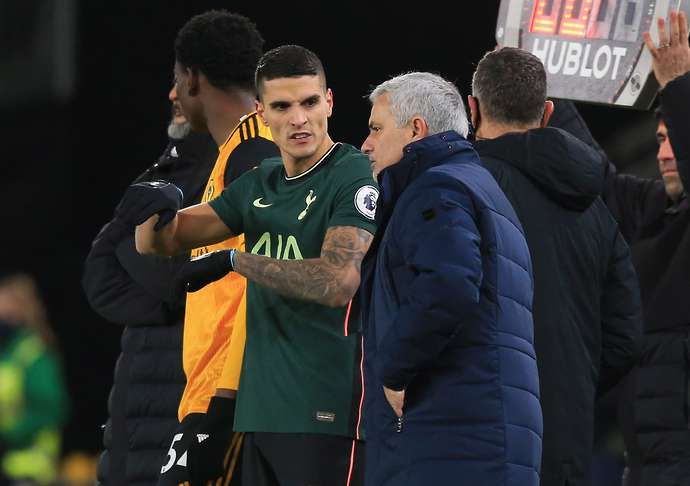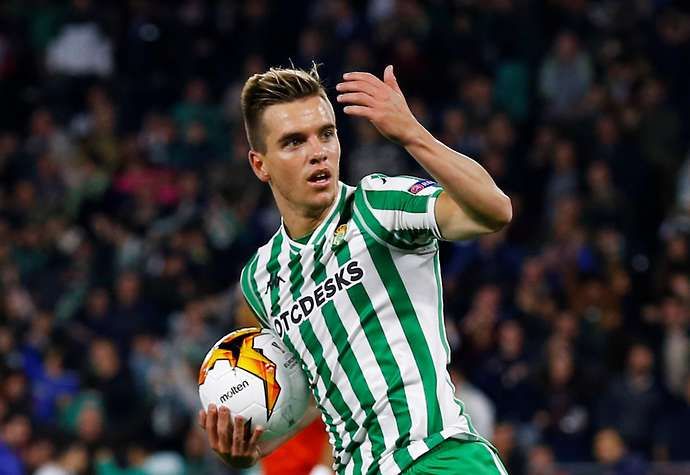Jose Mourinho was never going to have it that easy at Tottenham Hotspur.
Just a few weeks ago, Spurs topped the Premier League table following a string of excellent results against some of their fiercest, starkest challengers for the most coveted prize on offer on English soil.
It was vintage Mourinho. The triumph of pragmatism has become a theme of the past in a Guardiola-ball era, but the revered Portuguese manager proved, for a fleeting moment in time at least, that the foundations on which his Inter Milan side won an unprecedented treble in 2010 are still relevant and applicable ten years' later.
First it was one of the spearheads of modern football's Tiki-taka revolution, Guardiola, who took the bait, daring to probe Spurs' low block and paying the ultimate price for it.
A 2-0 win over Manchester City was followed by a 0-0 draw at Chelsea - bizarrely depicted as two points dropped by a club showing precisely zero ambition to claim anything more than what they had at kick-off - and a 2-0 win at Arsenal.
Vindication belonged to Mourinho. Red-faced pundits and journalists who had written off the Special One retracted statements, altered narratives and repented their sins. Football tactics, it seemed, had come full circle.
But it was impossible to escape the feeling after those three games that the system favoured by Mourinho in light of a dramatic 3-3 capitulation against West Ham was unsustainable: a game plan so bespoke couldn't possibly underpin a successful title charge, could it?
Not only that, it certainly wouldn't be necessary against sides of inferior opposition - Crystal Palace and Wolverhampton Wanderers, for example.
With a squad containing an eclectic array of adroit attacking talents, including Lucas Moura, Steven Bergwijn, Dele Alli, Gareth Bale and Giovani Lo Celso (£131.4m worth of talent per Transfermarkt valuations) Mourinho enjoys the benefit of flexibility: he has the necessary components needed to transfer the emphasis from defence to attack depending on the opposition.
And that only makes his obsession with neglecting the flair players at his disposal all the more perplexing.
Against Wolves on Sunday, Mourinho afforded Adama Traore the level of respect you'd expect an individual behemoth of Ronaldo or Lionel Messi's stature to receive. Ben Davies and Sergio Reguillon, left-backs by trade, both started the game in a clear effort to negate the threat posed by Traore down the right.
That's the same Traore who has failed to register a single goal or assist in 940 minutes of football this season.
Meanwhile, Alli, Bergwijn and Erik Lamela watched on from the sideline. The only players on the pitch who typically do their best work in the final-third were Harry Kane and Son Heung-min.
Granted, Lo Celso's absence was enforced due to injury but Moura did not even make the matchday squad in light of a tepid display against Stoke City.
The result was a continuation of the bus parking style that has become to irritate Spurs supporters. That frustration does not derive from the style itself but rather its implementation in a squad that has so much more to give.
Managers in the school of thought championed by Sean Dyche and Sam Allardyce are celebrated for aptly applying a robust, defensive style to clubs who are less financially endowed and therefore left with vastly inferior options in midfield and attack.
What Mourinho is doing, though, is akin to omitting your Oxbridge from your CV. He has the players to play another way, to outclass the opposition instead of hoping to scrape a one-nil victory by defending deep on the edge their own box, but instead he seems to respect the threat of the opponent more than the quality of his own players.
Mourinho's staunchest supporters would be inclined to argue that plenty of attacking players have been performing below par and shouldn't be given a run in the side until they have merited an opportunity, but how can these players reveal their magic under such stifling circumstances?
Bergwijn has been given a fair run in the side and hasn't made the most of his chance. In a system that asks him to feed off scraps, though, it is hardly surprising that a player who has only just turned 23 and is yet to spend a full year in the Premier League has struggled.
In the current system there's clearly no place for Alli, while Lo Celso, whose more combative abilities clearly appeal to Mourinho, is being wasted.
During the season that preceded his move to north London, the Argentine bagged 16 goals and six assists in 46 games for a Real Betis side with more modest ambitions than a club of Spurs' stature.
When he's at his best he can be seen dissecting the opposition with lung-bursting, dynamic runs with and without the ball, splitting the opposition and working in tandem with the forwards.
He's more suited to the role that Tanguy Ndombele has been trusted in for the majority of the season so far, yet Mourinho's love affair with the Pierre-Emile Hojbjerg and Moussa Sissoko double pivot dictates.
What Spurs are left with is a collection of some of the most exuberant forward players the division has to offer with no playground in which to play in.
Based on the pattern of Mourinho's career, we shouldn't be holding our breath in anticipation for the liberation of Bale, Alli, Bergwijn, Moura or Lo Celso.






















